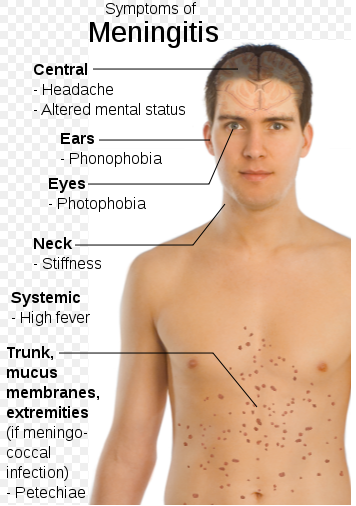New York state health officials announced last week that all public and private school students entering 7th and 12th grades must be fully vaccinated against meningococcal disease in order to attend school starting in the Fall of 2016.

Health officials say that before school this September, the following guidelines will apply:
- One dose of meningococcal vaccine is required before 7th grade. If your child had the first dose as a sixth grader, then another dose is not required until 12th grade.
- A total of two doses will be required before 12th grade. Most students entering 12th grade got their first dose when they were younger and are now due for their second dose, or booster. This booster is needed because protection from the vaccine decreases over time.
- The only teens who will not need a second dose before 12th grade are those who got their first dose on or after their 16th birthday.
The meningococcal conjugate vaccine (Menactra and Menveo) is the preferred vaccine for preteens and teens. It helps protect them from the four most common types (types A, C, W and Y) of meningococcal disease in the U.S. This is the vaccine they will need in order to satisfy the school requirement before September.
Another meningococcal vaccine is also available for teens. It is the Serogroup B meningococcal vaccine (Bexsero and Trumenba). This vaccine is not required for school entry and cannot be used to fulfill the school entrance requirement. It helps protect against a different type of meningococcal disease, and it can be given to teens and young adults between the ages of 16 and 23 years. It can also be given to people 10 and older who have certain medical conditions. It may be given at the same time as the meningococcal conjugate vaccine, but preferably in different arms.
The meningococcal vaccine is the best protection from this very serious disease. It can affect all ages, but teens and young adults are at highest risk of getting the disease. Meningococcal vaccines are safe and they are 85 to 100% effective. However, they may cause mild and infrequent side effects, such as redness and pain at the injection site lasting up to two days.
Related:
- Meningococcal Group B Vaccine, Trumenba, now available in the US
- Bexsero, meningitis B vaccine gets FDA approval
- LISTEN: Meningitis Angels and the ‘Cost of measles’


One thought on “New York public and private school students must be vaccinated against meningococcal disease this fall”